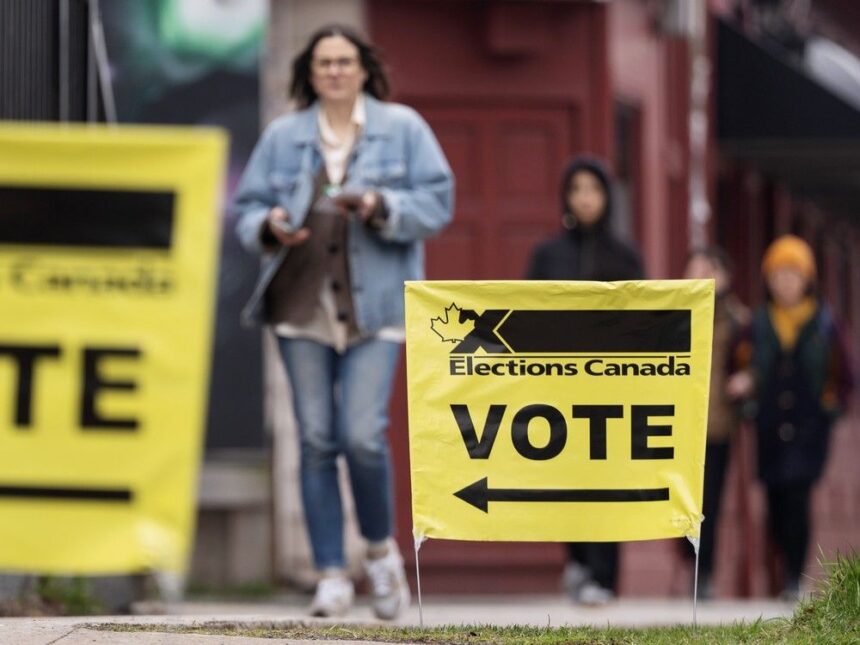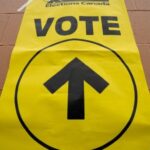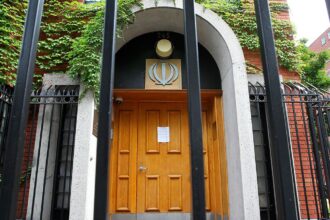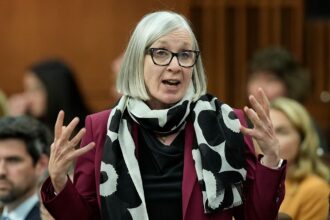The tense atmosphere of Canada’s recent federal election has shifted from polling stations to courtrooms as judicial recounts commence in several tightly contested ridings. What began as a routine democratic exercise has evolved into a high-stakes legal battle that could potentially alter the composition of Canada’s Parliament in meaningful ways.
In Trois-Rivières, Quebec, just 83 votes separated Liberal candidate Marwah Rizqy from her Bloc Québécois rival. This razor-thin margin triggered an automatic judicial recount under Canada Elections Act provisions, which mandate such reviews when differences fall below 1/1000th of total votes cast. Meanwhile, similar scenarios are unfolding in Hamilton Mountain, Ontario and Edmonton Centre, Alberta, where candidates separated by mere dozens of votes await their political fates.
“The integrity of our electoral system depends on these mechanisms,” explains Dr. Eleanor Matthews, electoral systems specialist at the University of Toronto. “Judicial recounts aren’t signs of dysfunction but rather evidence that our democratic safeguards are functioning as intended.”
The process involves meticulous court-supervised examination of every ballot, with party representatives observing as judges determine voter intent on ambiguously marked ballots. Such rigorous verification can take days or even weeks, testing the patience of candidates and supporters alike.
Historical precedent suggests recounts can indeed change outcomes. In 2019, Conservative Kenny Chiu overcame a 333-vote deficit to win Richmond Centre after a judicial recount uncovered counting discrepancies. However, statistics from Elections Canada indicate that approximately 80% of recounts ultimately confirm original results.
The financial implications are considerable as well. Each recount costs taxpayers between $70,000 and $120,000, depending on riding size and complexity. Candidates requesting discretionary recounts must provide $1,000 deposits, which are returned only if the recount changes the result.
These developments coincide with Prime Minister Justin Trudeau’s efforts to stabilize his minority government through potential coalition negotiations. Political analysts suggest the uncertainty surrounding these contested ridings may influence strategic decisions about cabinet appointments and legislative priorities in the coming weeks.
“Every seat matters tremendously in a minority government situation,” notes political strategist Diane Leblanc. “Even a single seat changing hands could alter the calculus for confidence votes or committee compositions.”
Beyond immediate political implications, these recounts have reignited debate about Canada’s electoral system. Advocates for proportional representation point to these nail-biter results as evidence that the current first-past-the-post system creates unnecessary volatility and fails to accurately reflect voter preferences.
For residents in affected ridings, the delay extends a period of uncertainty about who will represent their interests in Ottawa. Community leaders have expressed frustration over the postponement of urgent local initiatives while waiting for definitive results.
The recounts also highlight the remarkable dedication of Elections Canada staff, who must maintain meticulous documentation and chain-of-custody protocols throughout the process. Chief Electoral Officer Stéphane Perrault has emphasized the organization’s commitment to transparency, with detailed updates being provided on the Elections Canada website.
As Canadians await final determinations from these judicial proceedings, one question remains particularly relevant: In an era of increasing political polarization and tightening electoral margins, should we reconsider how we structure our voting system to better reflect the nuanced preferences of an increasingly diverse electorate?


















